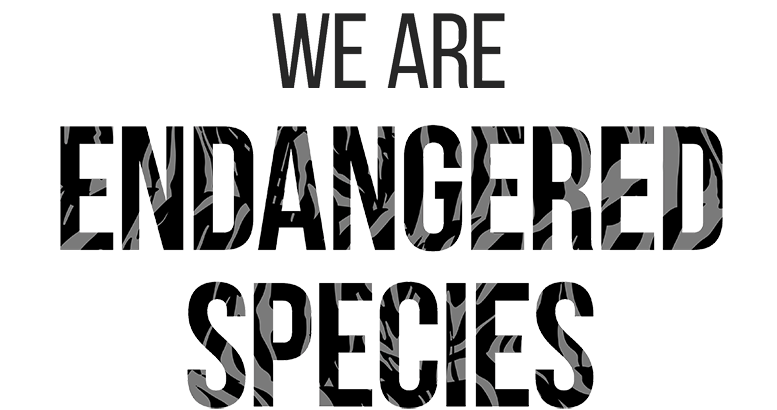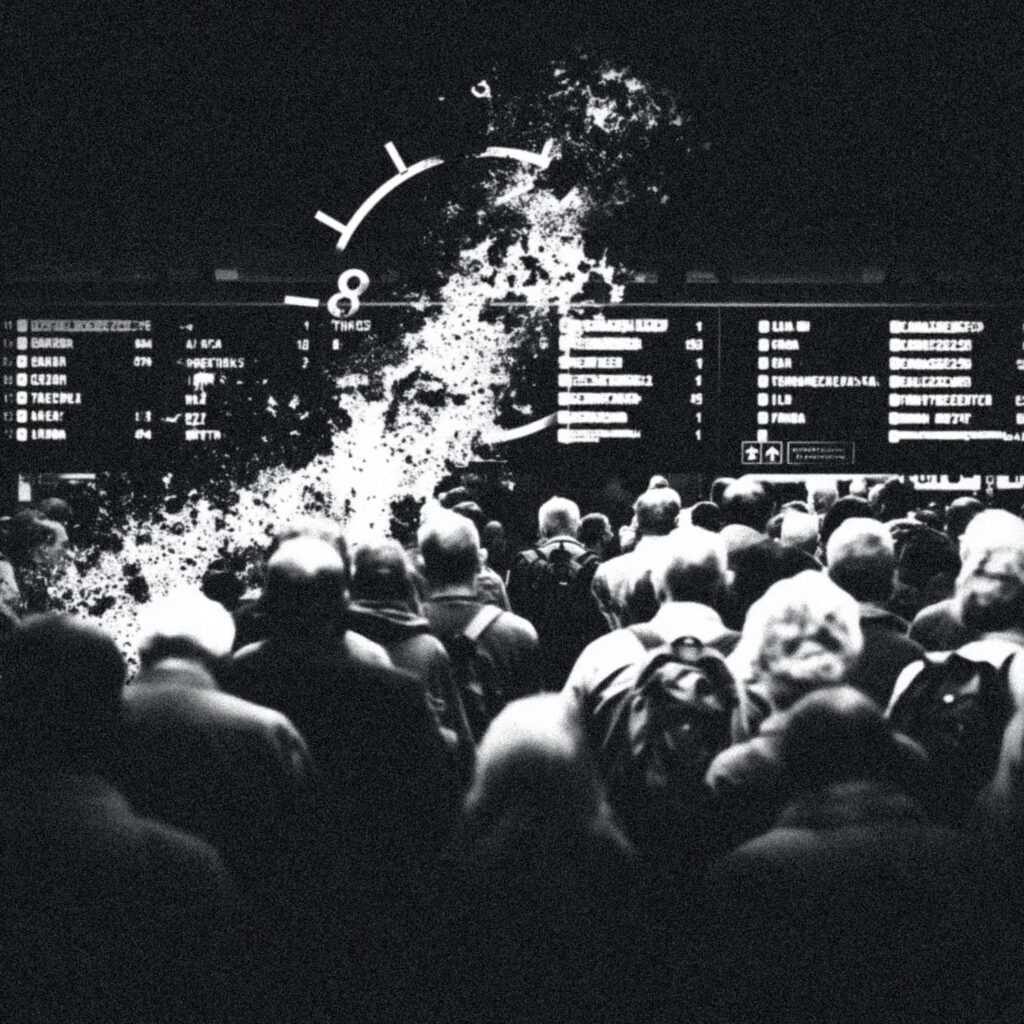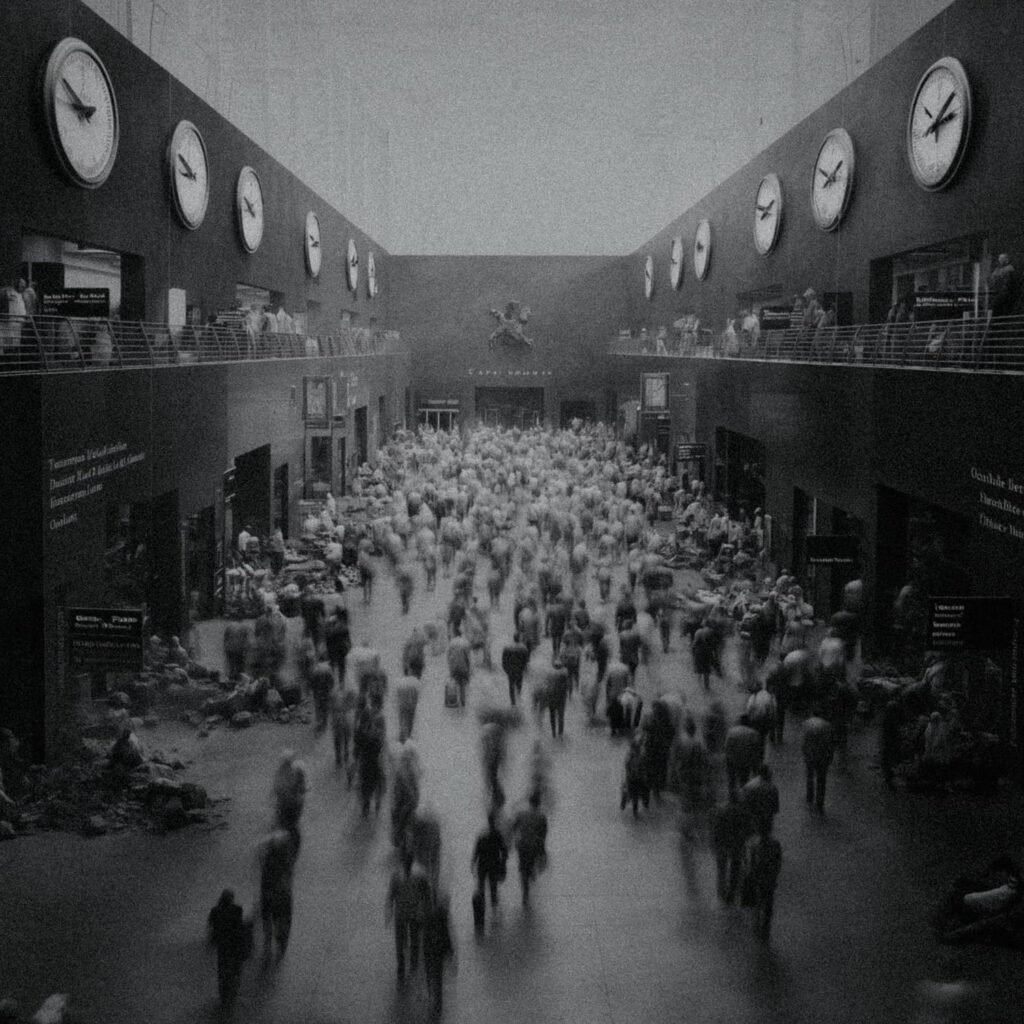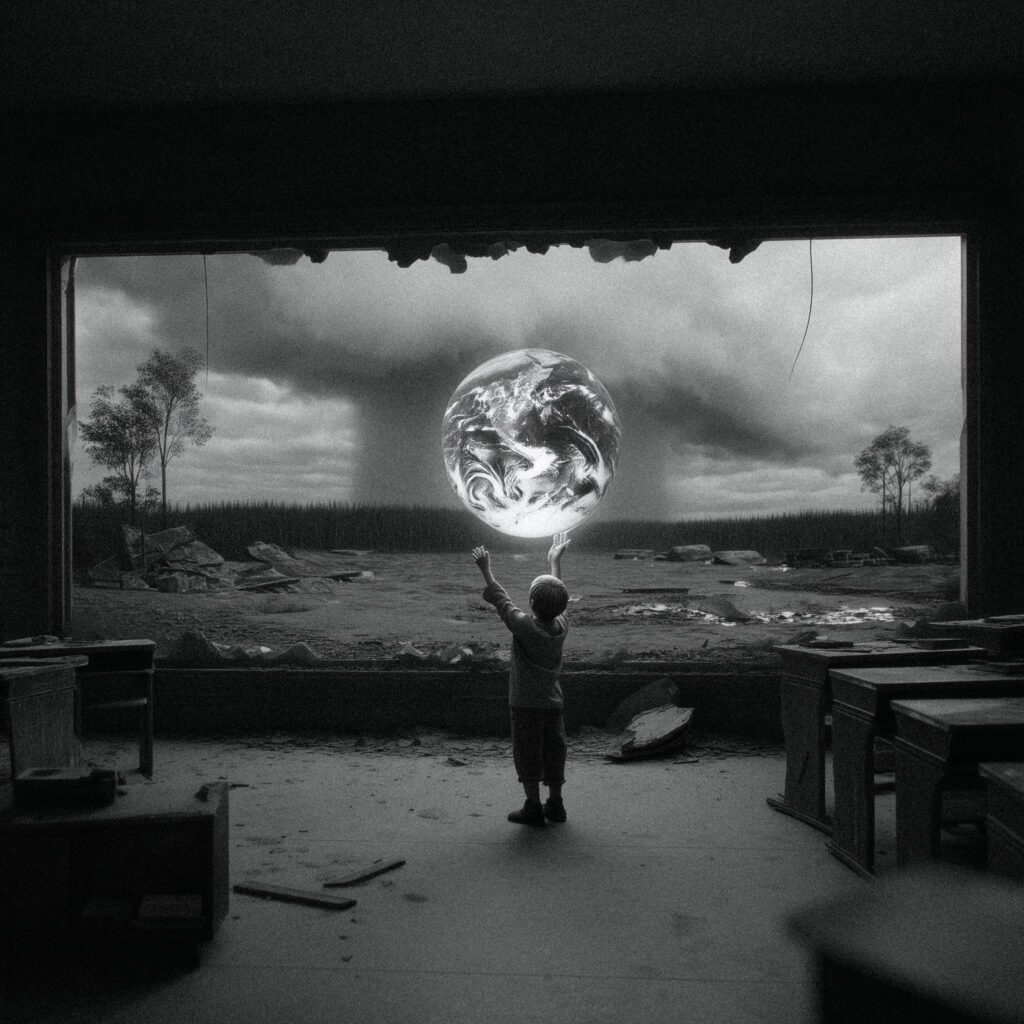I recently returned from a visit to Côte d’Ivoire, also known as Ivory Coast. I was there before, more than 20 years ago during an armed conflict which was the result of the ongoing “Cocoa War” (this refers to the economic and political instability fueled by the country’s reliance on cocoa production, particularly concerning land rights and the distribution of profits). Not much changed in two decades. This nation is the biggest player in the global cocoa industry, contributing to 45% of the world’s cocoa production. Despite its crucial role in supplying cocoa, a vital ingredient for chocolate, Ivory Coast is not experiencing the prosperity one might expect. The economic situation is challenging, with nearly 40% of its population living below the poverty line. Additionally, more than 40% of the people face food insecurity, highlighting the severe economic struggles many Ivoirians endure. The per capita income in Ivory Coast is 2,470 USD annually, which is a stark contrast to the wealth generated from its cocoa exports.
The question arises: why is this the case? The answer lies in the global trade dynamics. We, in the so-called “civilized world,” take the cocoa from Ivory Coast, process it, and profit from it. The most infuriating display of the arrogance of our civilization is when the chocolate products made from this cocoa are then returned to the shelves of supermarkets in Babi (Ivorian slang for Abidjan, the capital city) at prices as high as ten dollars each. These people make 200 dollars a month on average, 50% of them work in the cocoa industry and we want them to buy a bar of chocolate for 5% of their monthly wage. This situation is not only economically unjust but also highlights a significant disparity in wealth distribution.
Furthermore, the environmental conditions in Ivory Coast are deteriorating. The agricultural and processing sectors contribute to high levels of pollution, which poses health risks to the population. Additionally, climate change is intensifying these issues by increasing temperatures, altering growing seasons and reducing yields. These environmental challenges make it increasingly difficult for farmers to cultivate the cocoa that is so essential to their livelihoods and the country’s economy.
In light of these circumstances, I am compelled to ask a fundamental question: how many times can we continue to betray the hardworking and resilient people of Ivory Coast? Or any other African country’s inhabitants, which has something we need? We take the oil, iridium, lithium, graphite, cobalt, coltan, manganese, platinum, tantalum, bauxite, coffee, palm oil, while we poison their land, air, and water while mining, growing or processing these.
So let me ruin your hot chocolate with marshmallows, your kunafa (or Dubai) chocolate, or your 14 dollar (sorry: 13.99) iced crème brûlée chocaccino for you: you are consuming something which fuels social injustice and pollution, which leads to climate change, which results in less cocoa yields, and all this will trigger more social injustice and inequality. Again, I don’t say you should not have your dose of endorphin-stimulating chocolate, but I’m damn sure that you could do with less. Drink water for a change, while you can. For some in Africa, it is already a luxury they can’t afford.






